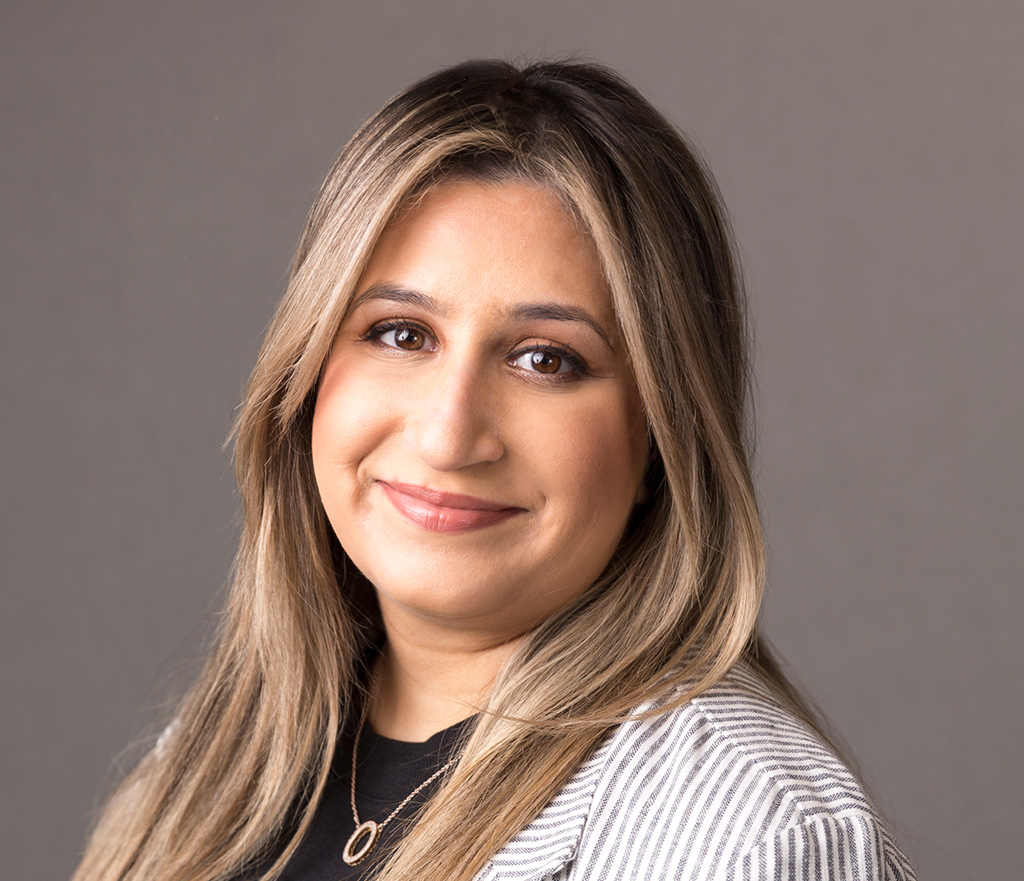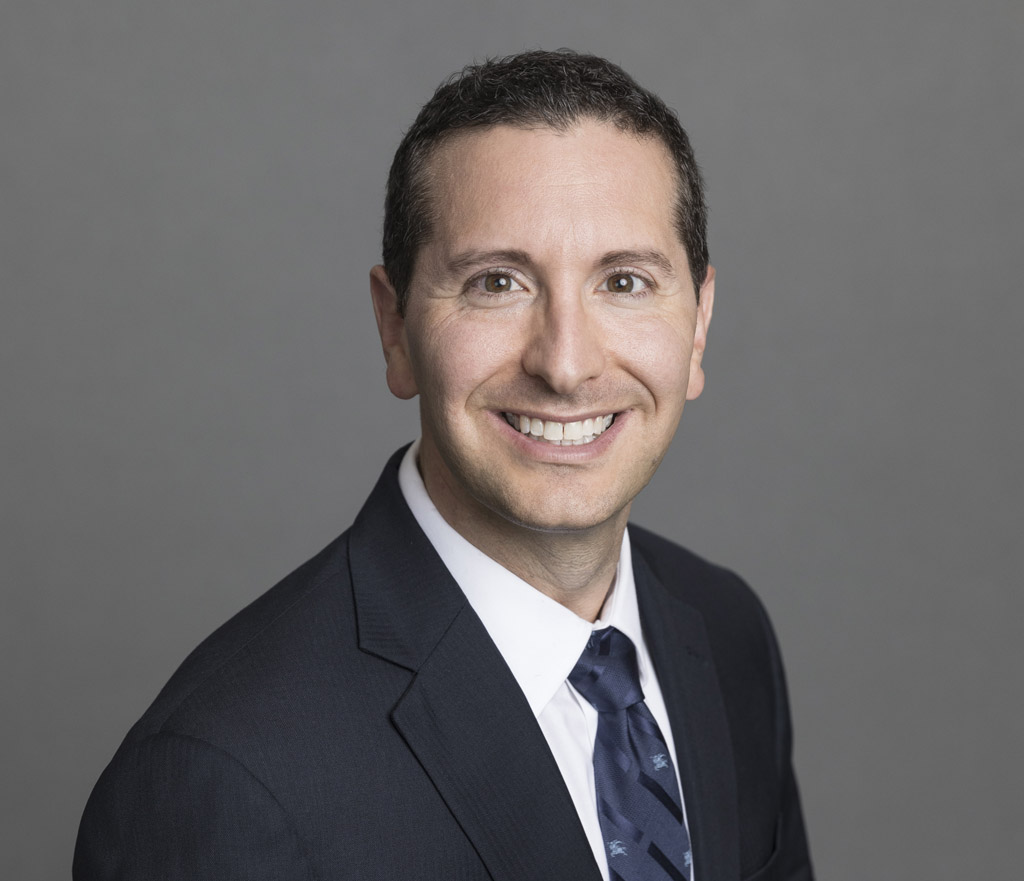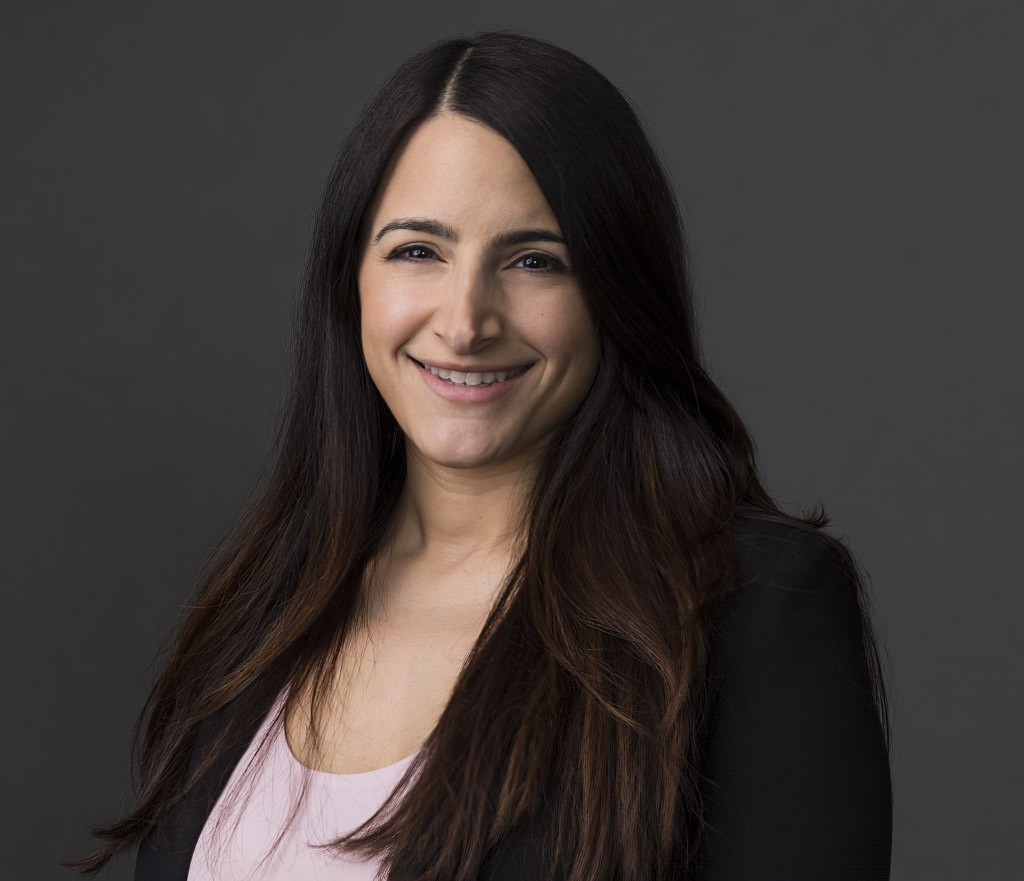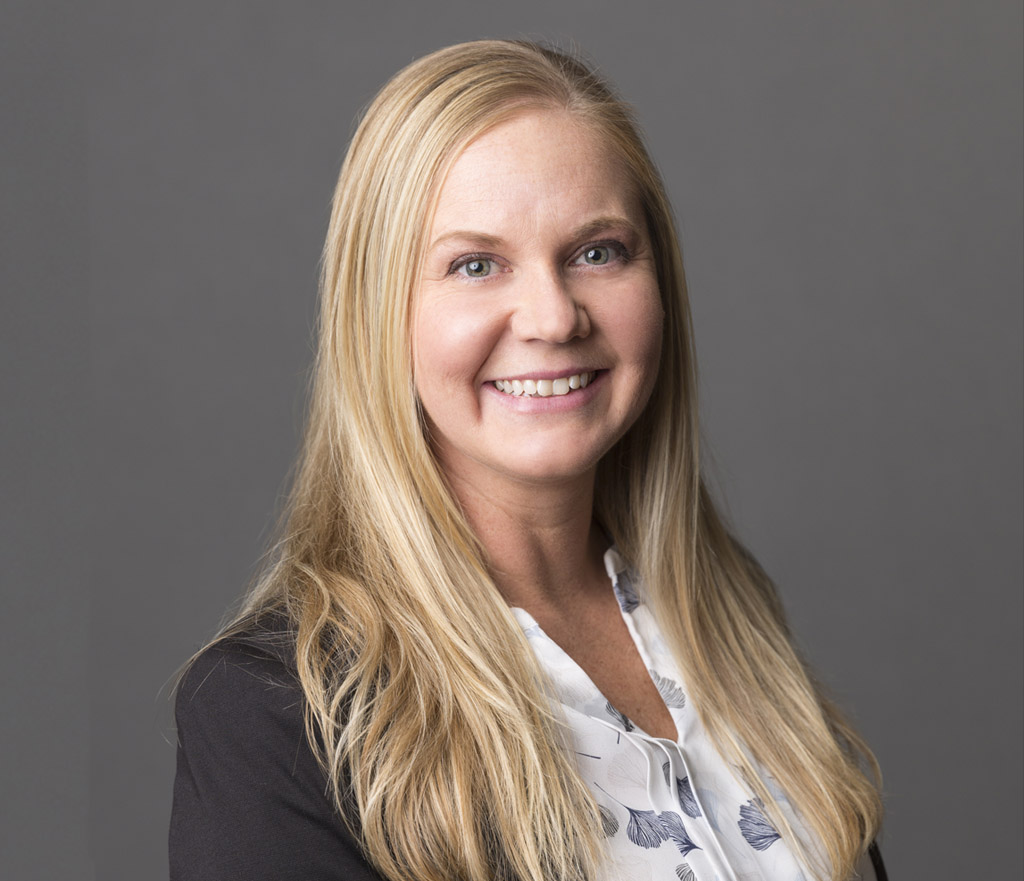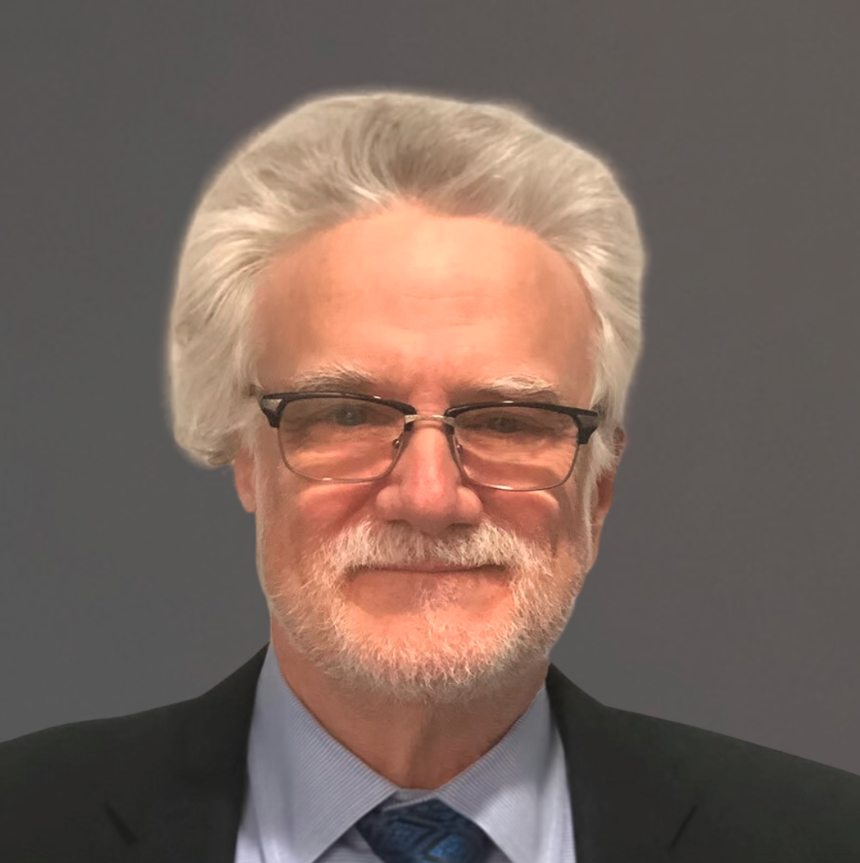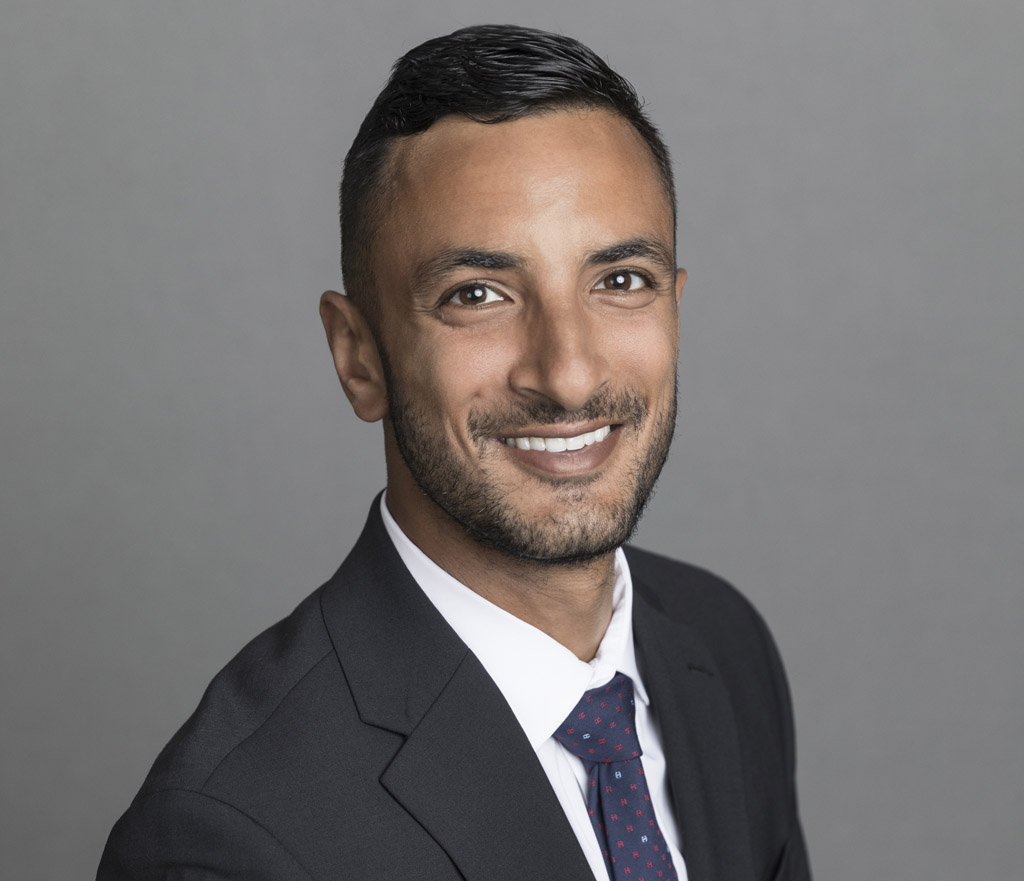Alzheimer’s Disease & Memory Disorder Center

Alzheimer’s Disease & Memory Disorder Center
The MIND Alzheimer’s Disease & Memory Disorder Center team is led by Dr. Jonathan Fellows, DO, FACN, who is dedicated to helping patients and families manage those challenges.
While there is no cure at present for Alzheimer’s disease, we continue to make important progress in identifying its possible causation, distinguishing it from neurological disorders, developing promising drugs that may delay its progression and improve everyday functioning.
Impact on our aging population.
More than 6 million Americans are living with Alzheimer’s disease and this number is projected to rise to nearly 13 million patients by year 2050. In Michigan, there are more than 200,000 patients over age 65 with Alzheimer’s disease.
As with many neurological disorders, Alzheimer’s disease and other cognitive disorders present unique medical, social and lifestyle challenges to health care providers and families, as the patient’s condition often evolves over the course of many years.
Overall, management of Alzheimer’s disease has many facets. They include pharmaceutical interventions, occupational therapy and behavioral approaches, as well as close coordination between the patient, health care providers and the patient’s caregiver. It is also important to consider and provide support for caregivers.
Screening and testing.
At the MIND Alzheimer’s Disease & Memory Disorder Center, our program begins with a screening to determine, as best as possible, the cause of memory loss. This workup includes obtaining a detailed history, physical exam and one or more bedside cognitive assessments.
Laboratory testing, brain imaging and neuropsychological testing may also be helpful for the practitioner to aid in the most appropriate diagnosis. In order to make the best treatment choices, we also consider consultation with other specialists to obtain a comprehensive review of our patient’s conditions. This review can identify risk factors for future decline, as well as protective factors that may slow decline in Alzheimer’s disease and a number of related conditions.
Overall, our goals at the MIND Alzheimer’s Disease & Memory Disorder Center are to promote brain function, slow down memory loss and moderate changes in behavior and personality, which can include anxiety and depression. Our holistic approach brings families into the care of their loved ones by connecting everyone to much needed resources available for comprehensive support.
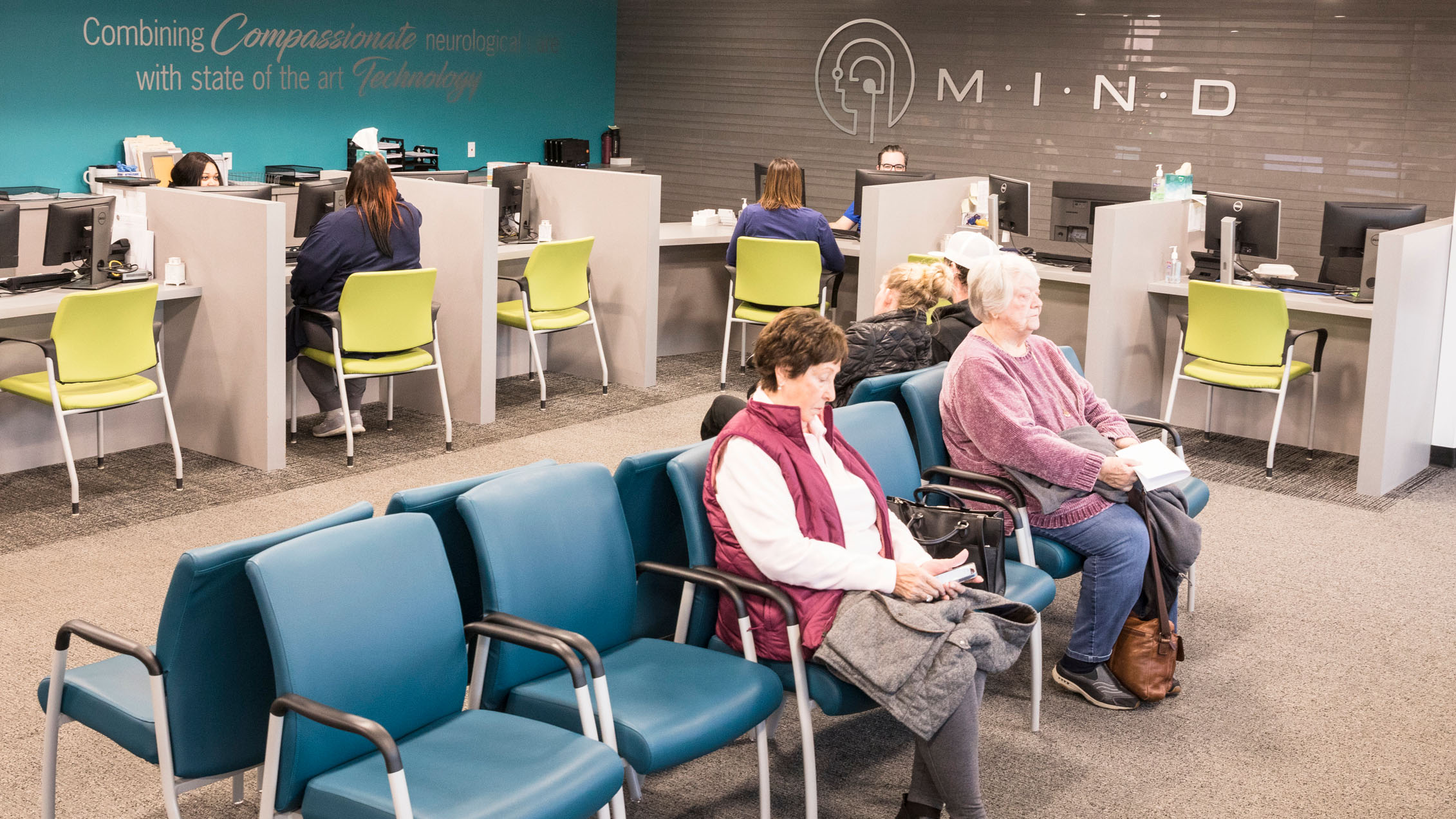
Related Alzheimer’s Disease conditions include:
- Mild Cognitive Impairment
- Early-onset dementias
- Lewy body dementia
- Frontotemporal dementia, including primary progressive aphasia
- Huntington’s disease
- Parkinson’s Disease & Movement Disorders Center
- Vascular cognitive impairment
- Creutzfeldt-Jakob disease
- Traumatic brain injury
- Clinical depression











